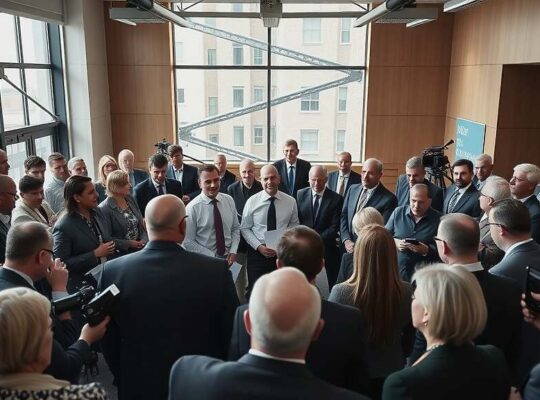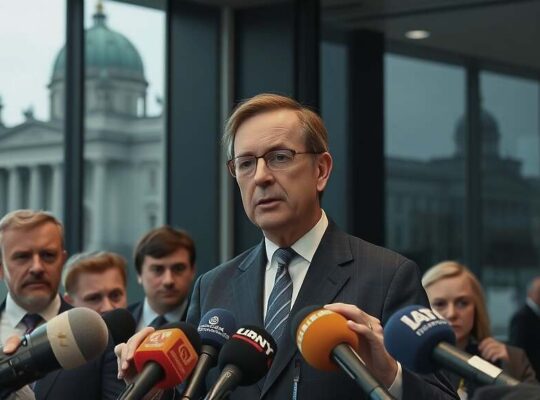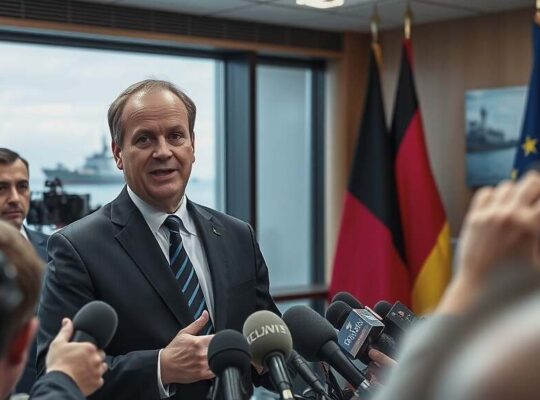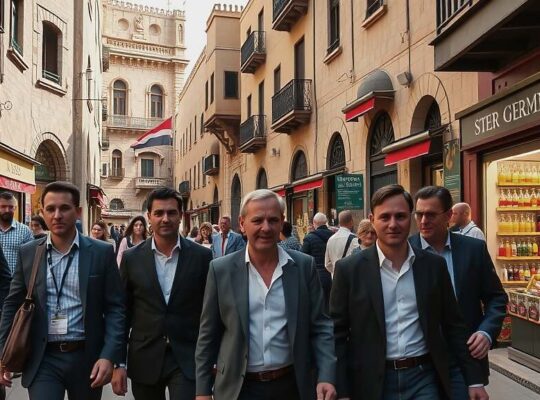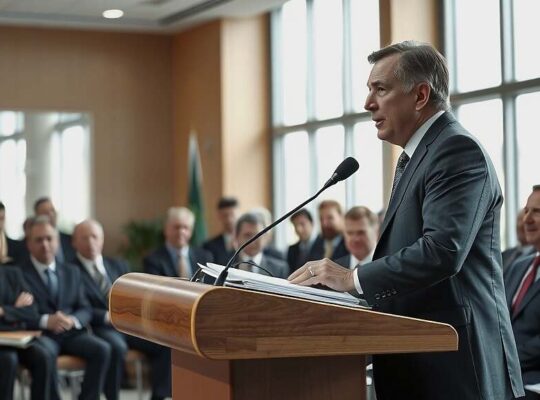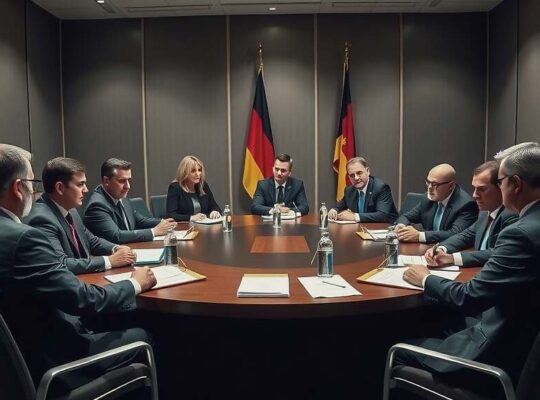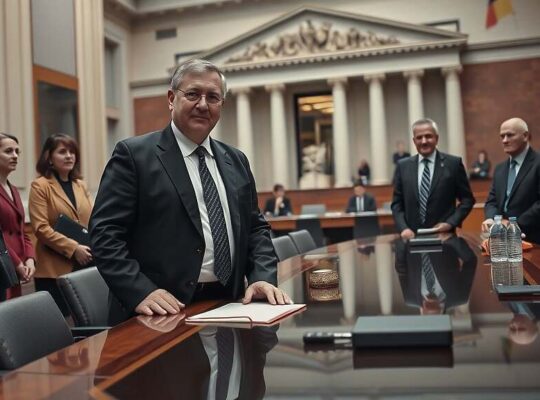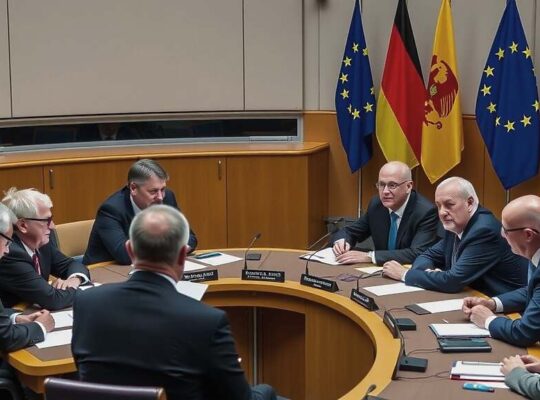The evolving peace process in the Middle East will likely see Qatar and Egypt playing pivotal roles, according to Matthias Miersch, parliamentary group leader of Germany’s Social Democratic Party (SPD). Miersch, in remarks to RTL and ntv, indicated that Germany also intends to contribute, particularly in the significant task of reconstruction following the devastating conflict.
“Germany has a responsibility to fulfill, as there is a great deal to rebuild” Miersch stated, acknowledging the widespread destruction. The federal government, he affirmed, has already signaled its commitment to a role in this reconstruction effort.
Addressing the possibility of German troops being deployed to Gaza to secure the fragile peace, Miersch cautiously refrained from ruling it out, emphasizing the tentative nature of the current hope. “One can never completely exclude such things” he conceded, stressing the need to observe developments before committing to specific actions.
The contentious issue of Germany’s recent suspension of arms exports to Israel also prompted a measured response. Miersch deflected direct questions, stating that the matter is currently under discussion. He highlighted the dire humanitarian situation, referencing the return of families to what remain of their homes – conditions he described as barely habitable. “Here, it’s about ensuring help is provided and humanity genuinely re-enters the forefront” he added, suggesting that the broader implications of the arms export suspension will be addressed concurrently.
While optimism surrounding the initial stages of peace talks is cautiously expressed, Miersch’s statements underscore the complexities involved and the sensitive balancing act Germany faces in navigating the geopolitical landscape, while grappling with the immediate demands of humanitarian aid and the broader question of long-term reconstruction and security. The focus, he implied, must be on tangible assistance to those most affected, leaving more strategic decisions contingent on assessing the evolving situation on the ground.



